In men, the most common pathology of the urinary system is inflammatory disease of the prostate. According to statistics, prostatitis is diagnosed in every 10 mature patients. Without proper treatment, the disease develops rapidly, leads to serious complications, and affects a man’s sex life.
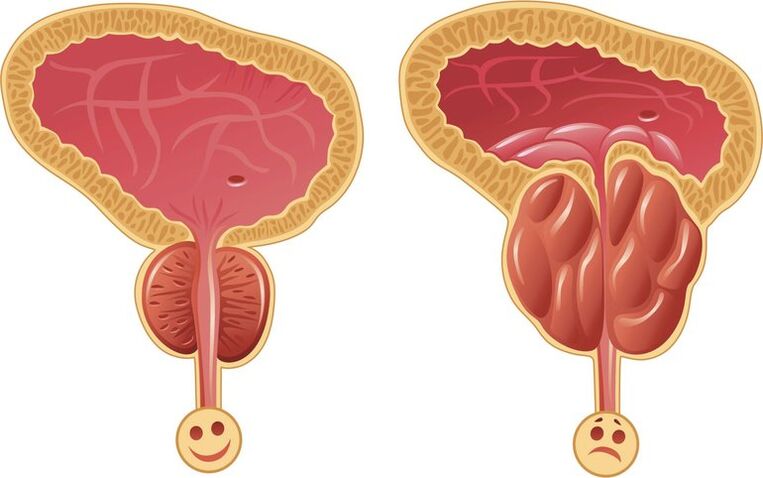
Symptoms of the disease
Any disease is easier to treat if diagnosed at an early stage. Prostatitis occurs in both acute and complex forms - chronic, which occurs when the inflammation of the prostate is neglected. The symptoms and treatment of the disease depend on the stage and type of the disease. During the acute course of the pathology, a person experiences the following:
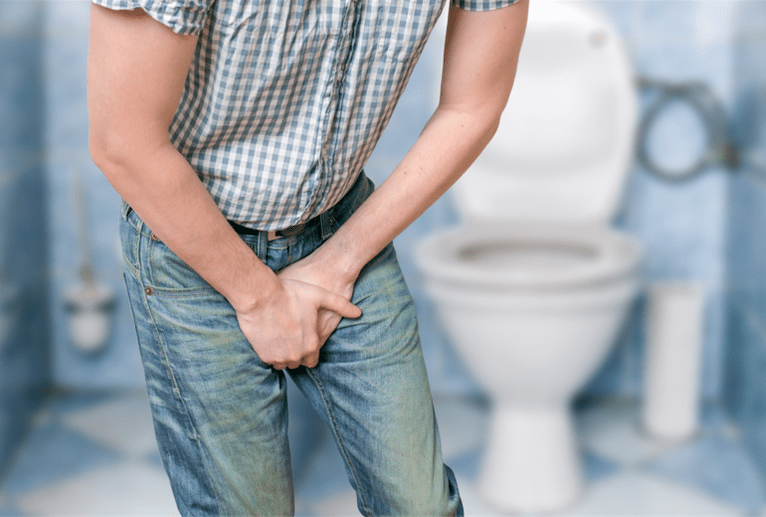
- Difficulty urinating. One of the first symptoms is urinary problems due to narrowing of the ureter. In the early stages, the size of the prostate begins to increase and slightly compresses the ducts.
- Pain in the lower abdomen, which is most often disturbed after exercise or at the end of the day. The feeling and intensity of the pain is different: it can be pulling, cutting, sore. They then spread through the scrotum and penis and into the rectum during defecation. The disease causes constipation, which only exacerbates the inflammatory process in the prostate gland.
- Frequent urination. A man who has not previously woken up to empty his bladder can go to the toilet 1-2 times a night at the onset of the disease. As prostatitis progresses to another form, the urge to urinate decreases. It gives the impression of overcrowding and incomplete emptying after going to the toilet.
- Visual change in urine. Contamination of pus or blood can be detected in the urine at an early stage in the development of the pathology.
- Incidence of sexual dysfunction. Men experience erection problems and severe pain during ejaculation.
- Prolonged rise in body temperature around 39 degrees, accompanied by chills, weakness and body aches.
Most of the symptoms of the disease are clear. It is the job of men to carefully monitor the condition and changes in their bodies, not to miss the first signs, and not to allow the pathology to develop into a chronic stage.
The first manifestations of inflammation of the prostate gland in a negligible form in the stronger sex are almost identical to those seen in the acute phase of the disease. But they have symptoms such as:
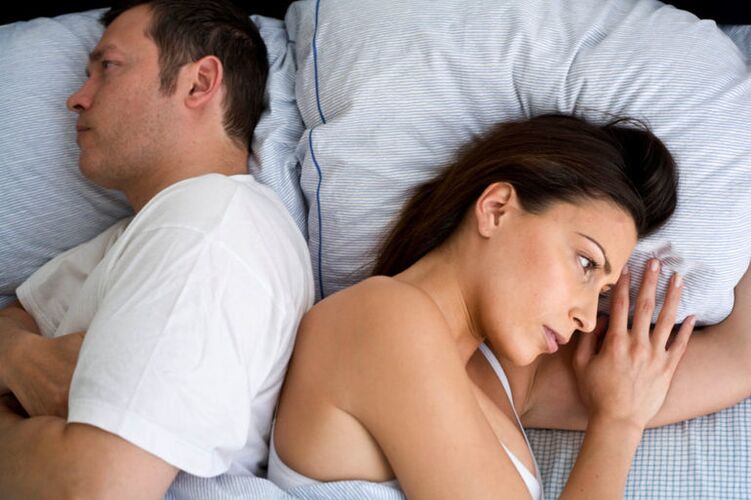
- Decreased libido, loss of erection during intercourse, detection of blood in semen.
- Common urinary incontinence, full bladder, white flakes in the urine. During exacerbation, the man is completely deprived of the ability to empty the bladder because the inflamed prostate blocks the passage of urine through the urethra.
- Depression, insomnia or drowsiness. Men with an illness such as prostatitis often experience anger or aggression associated with a psycho-emotional disorder.
To avoid mistakes in making the right diagnosis, it is worth checking with several doctors and different institutions. The symptoms and treatment of prostatitis, like any other disease of the urogenital system, is not a problem that needs to be delayed or saved.
Reasons for development
It is almost impossible to determine the main cause of the pathology. However, there are not so few provocative factors, all of which are very serious, especially given the habit of neglecting men’s health. Main reason:

- Congestion in the basin region. They are characterized by slow blood circulation, in which tissue nutrition deteriorates, edema occurs, and capillary function is disrupted.
- Hypothermia. Once they freeze, the men themselves provoke the development of inflammation of the prostate.
- A sedentary lifestyle in which members of the stronger sex sit in a position for hours. No less a harmful factor is the work associated with vibration (tractors, drivers). Continuous shaking damages the perineum and weakens the organs in the pelvic region, creating additional conditions for inflammation to develop.
- Transmitted sexually transmitted diseases. Sexually transmitted infections cannot bypass the prostate. Even after treatment, immunity decreases and the prostate becomes vulnerable.
- Stool retention. Constipation causes increased stress when emptying the rectum and traumatizes the prostate. In addition, stagnation is exacerbated and reverse absorption of toxins occurs, including in the nearby prostate gland.
- Extremes in intimate life. Both lack and exaggeration of sex have a negative impact on reproductive health. With excessive activity, the prostate wears out and abstinence increases stagnation.
- Interruption of sexual intercourse. It is recognized as ineffective as a method of contraception and undermines men’s health. Attempts to control physiological processes that are already running are very damaging.
- Abuse of alcoholic beverages, malnutrition. These two factors lead to swelling of the prostate and the development of malignancies.
- Urological diseases. Due to the close anatomical connection with the reproductive system, the inflammatory processes in the urinary system can penetrate a little lower and can affect the prostate.
By identifying the causes that contribute to the development of inflammation, the urologist selects treatment individually while ruling out adverse factors.
Treatment methods
Treatment of prostatitis should be comprehensive. After the disease is diagnosed, the doctor will usually prescribe an individual treatment regimen. The patient needs at least 4-6 months to achieve a positive effect. Many different methods of treatment are used today, including drug therapy, the use of physiotherapy procedures, and massage. In official medicine, these methods are recognized as the most effective and safest for the health of the stronger sex.

Qualified psychotherapy is an equally important measure because the constant painful feelings and problems that occur in an intimate life negatively affect not only the overall well-being but also the psychological condition of the patient.
Medical therapy
Surgical treatment is recommended in cases where medical measures have failed or the prostate gland is blocking the flow of urine. Surgery can lead to infertility and is therefore not prescribed to young men.
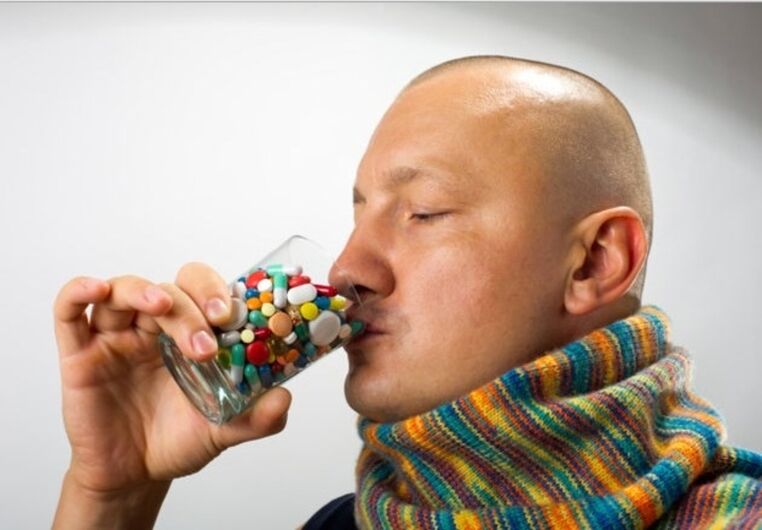
Antibacterial therapy is performed with infectious prostatitis. If the pathology is not caused by bacteria or viruses, antibiotic treatment is considered meaningless. Alpha-blockers are used in the perineal region to relax the muscles of the prostate, improve urine output, and relieve pain.
Muscle relaxants help reduce pain and relieve muscle tension in the pelvic region. Severely ill patients are prescribed drips with diuretics that contribute to the abundant release of urine and prevent further intoxication of the body.
Treatment should be completed by the end, even if the symptoms of the disease have completely disappeared. Signs of prostatitis often disappear at the very beginning of antibiotic therapy, but become chronic when treatment is stopped.
Non-bacterial prostatitis requires a different treatment regimen. It consists of the intake of analgesics and antipyretics.
At the same time as the main treatment, the urologist prescribes supportive therapy, which includes bed rest, plenty of water, and a sitting bath. Patients should follow a diet that limits alcohol, caffeine, and fatty and spicy foods.
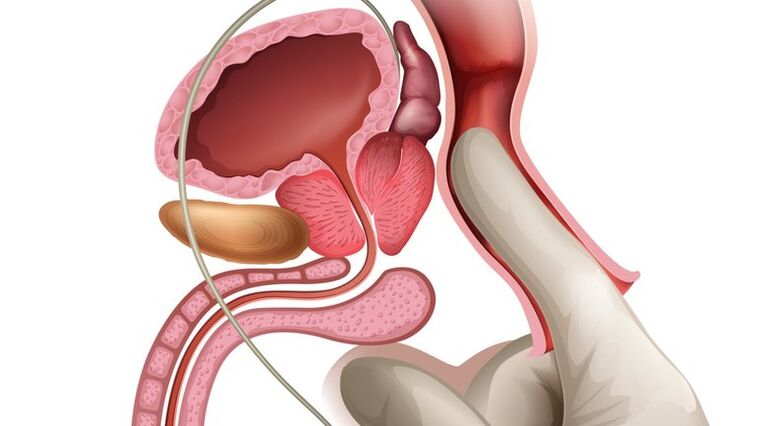
The most effective treatment for chronic inflammation of the prostate gland is regular prostate massage, which reduces the likelihood of re-inflammation. The course consists of 10 sessions. Contraindications to the procedures are exacerbation of colorectal cancer and prostatitis.
Physiotherapy is used not only as a treatment but also as a prevention. Improves blood circulation, increases muscle tone, accelerates tissue regeneration, increases cell permeability. This method is contraindicated in patients with hypertension, body temperature, epilepsy, cancer, urolithiasis, anemia, renal and cardiovascular disease.
The use of rectal suppositories reduces the negative effect on the functioning of the internal organs. Suppositories may contain antibiotics, herbs, antispasmodics. They eliminate swelling, relieve inflammation and restore urination.
Folk ways
Home pathology therapy with prescription alternative medicine is only effective at an early stage. There are several ways to eliminate the main symptoms of inflammation:
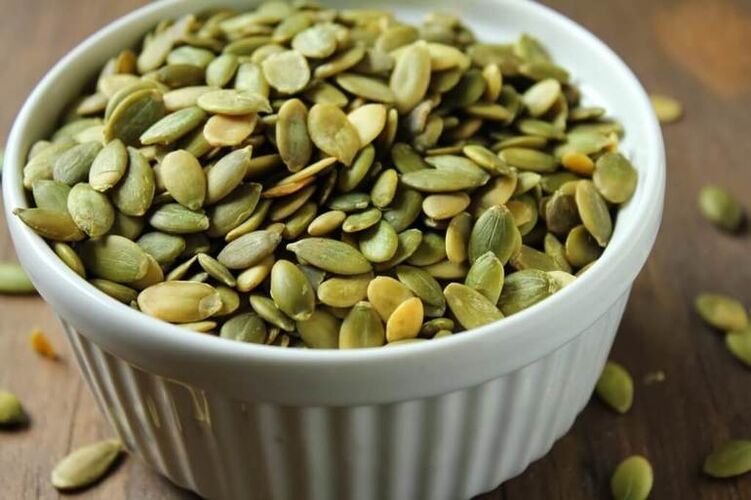
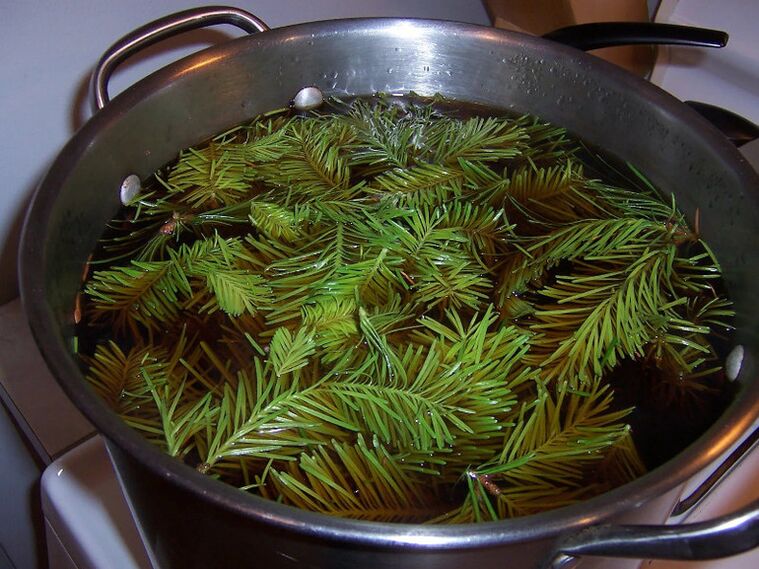
- The roasted pumpkin seeds (500 g) are twisted in a meat grinder, then the honey (200 g) is added and mixed thoroughly. The pumpkin-honey mixture is made into balls no larger than nuts. They dissolve half an hour before each meal, 1 piece for 2-3 minutes. The product is stored in a refrigerator. Pumpkin seeds contain large amounts of zinc, which is needed to maintain the normal functioning of the urinary system.
- The crushed and dried poplar bark (100 g) was placed in a half-liter container and poured with vodka (200 g). The container is tightly closed and allowed to infuse in a dark place. After two weeks, filter the tincture and dilute 20 drops with a quarter glass of water three times daily before meals.
- Mix the honey (1 tsp) and the eggs (1 tsp) with rye flour (3 tbsp) and make thin suppositories with a diameter of no more than 1 cm. Store the candles in the refrigerator. It is inserted into the anus after morning and evening emptying of the rectum. The duration of treatment is about 4 weeks, after which they take a break and repeat the therapy.
- Rub the small onion (3 pieces) on a fine grater, pour boiling water (3 tablespoons) and stick for one day. The decoction should be taken in 50 ml per hour.
- The pine branches (200 g) together with boiled water (2 l) were simmered for 2-3 hours. After boiling, the decoction turns into an extract. Prepare such a concentrate immediately before taking it to a warm bath. The water level should not be higher than the middle of the chest. Rub the pool area with the medicine for 15 minutes until redness appears. Therapy is performed daily for 2 weeks. Baths have antimicrobial effects, anesthetize and improve urination.
As good as the effects of folk remedies are, they are difficult to compete with the advances in pharmacology. The most appropriate and effective solution is an integrated approach to the treatment of prostatitis.




































